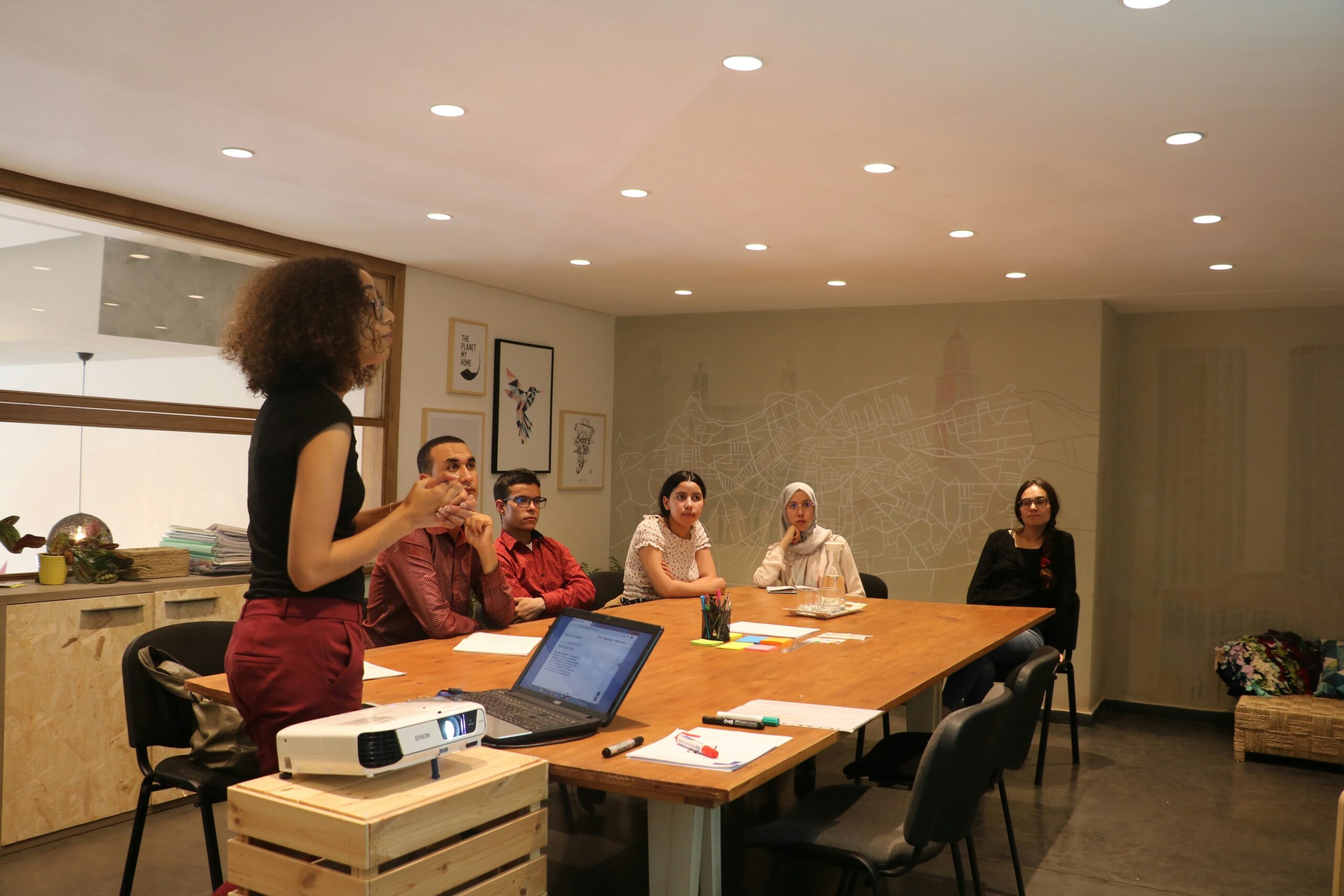Retention is no longer about pay, perks, or platforms, it’s about trust.
At the latest Strategy Insights sessions, senior HR leaders from large U.S. enterprises admitted that while budgets for HR tech and wellbeing tools have surged, employee engagement continues to decline.
The discussion revealed a sobering truth: modern HR strategies are rich in data but poor in human connection. The next evolution of people leadership isn’t digital transformation, it’s cultural restoration.
1. The Employee Trust Deficit
Despite rising investments in employee experience platforms, 68% of delegates said employee trust in leadership has dropped over the past year.
Employees see inconsistent communication, reactive decisions, and overreliance on surveys that rarely lead to change. The HR leaders agreed that transparency and empathy, not dashboards, will define the next wave of engagement.
“You can’t data-analyse your way to trust,” said one CHRO. “It’s earned through visible action.”
Several executives are now shifting from “listening programs” to “response models,” ensuring every feedback loop ends in measurable leadership accountability.
2. The Hybrid Reality HR Can’t Ignore
Hybrid work remains the dominant model across large U.S. enterprises, yet 61% of attendees said their organisations still lack a coherent hybrid strategy.
The problem isn’t where people work, it’s how teams stay connected to purpose.
Leaders are experimenting with “belonging frameworks” that focus less on physical attendance and more on clarity of contribution.
Examples discussed included:
- Designing hybrid rituals that reinforce shared identity.
- Implementing quarterly “purpose check-ins” alongside performance reviews.
- Training managers to coach for inclusion, not just productivity.
These approaches reflect a clear shift: the hybrid challenge is no longer logistical, it’s emotional.
3. Leadership Trust Is the New Retention Currency
The term “quiet quitting” may have faded from headlines, but disengagement hasn’t. 72% of HR leaders said middle management capability is now the single biggest retention risk.
Employees don’t leave organisations, they leave inconsistent leadership.
One executive explained that “HR’s next frontier isn’t automation, it’s manager activation.”
Successful strategies shared during Strategy Insights included:
- Leadership “recontracting”: refreshing expectations between managers and teams post-pandemic.
- Embedding mentorship metrics into leadership KPIs.
- Using narrative storytelling in leadership training to reconnect managers to organisational values.
By reframing leadership as a retention tool, HR is rediscovering its cultural influence.
4. The Experience Gap HR Must Close
Although most large enterprises claim to prioritise employee experience (EX), only 42% of leaders could define what EX success actually looks like.
Delegates agreed the problem stems from too many fragmented EX initiatives, wellbeing, recognition, DEI, hybrid, all operating independently.
“We’re drowning in initiatives but starving for alignment,” said one VP of People.
The most progressive HR teams are consolidating around a “Moments that Matter” model, mapping key employee lifecycle moments (onboarding, development, feedback, exit) and ensuring each aligns to brand and culture.
This simplifies measurement, strengthens cultural consistency, and repositions EX as a business driver, not an HR project.
5. Data-Driven, People-Led
Every attendee agreed that data is vital, but people must remain the narrative.
While 58% of HR teams are expanding analytics capability, most warned that over-quantifying the human experience can lead to empathy erosion.
“We can predict attrition, but can we predict disconnection?” asked one senior HR leader.
The next wave of HR analytics is being reimagined to include qualitative sentiment, leadership behaviour, and storytelling alongside traditional KPIs. The goal is not to reduce people to metrics but to reveal meaning behind them.
6. The 2026 Workforce Equation
As HR leaders look ahead, three 2026 priorities dominated the Strategy Insights dialogue:
| 2025 Challenge | 2026 Strategic Response | Action for HR Leaders |
|---|---|---|
| Declining trust in leadership | Transparent decision-making & cultural storytelling | Embed trust metrics into leadership performance |
| Fragmented hybrid cultures | Purpose-driven connection models | Redesign manager roles for hybrid belonging |
| Overloaded HR initiatives | Unified “Moments that Matter” frameworks | Streamline experience design under one narrative |
These shifts represent a move away from programmatic HR and toward humanised strategy.
7. Strategy Recommendations for Senior HR Leaders
To rebuild organisational health and workforce trust, HR executives should:
- Prioritise trust over transformation – focus on relational credibility before structural change.
- Redefine hybrid success – measure belonging, not visibility.
- Activate leadership capability – make managers your frontline of retention.
- Unify experience design – create a single narrative for every stage of the employee journey.
- Balance analytics with empathy – use data to drive dialogue, not decisions alone.
The leaders at Strategy Insights made one truth clear: HR’s greatest challenge isn’t technology adoption, it’s humanity restoration.
In an age of automation, data, and hybrid complexity, the organisations that thrive will be those that treat trust, purpose, and experience as measurable assets.
The future of HR leadership isn’t about being more digital. it’s about being more deliberate.







